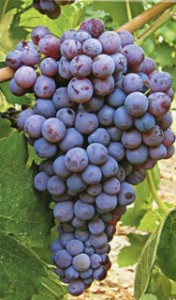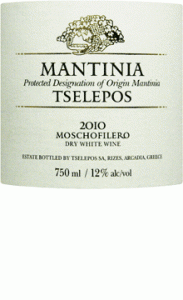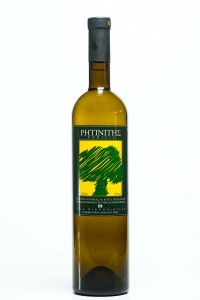 Imperfect Memory
Imperfect Memory
As much as I would love to have a perfect log and memory of every grape and wine that has passed my lips, the reality is so far removed from that aspiration that it’s equivalent to wishing for world peace.. and just as naive. Wine people love to romanticize “that first wine,” “that night they fell in love with Amarone” and “that unknown wine on the left bank of the Seine” but let’s be clear – this is about much more than wine. Wine people romanticize wine because that’s what they’re about. Beer people romanticize beer in much the same way. Flower growers do the same thing, and people in general romanticize youth like a bunch of Baudelaire devotees.
Past sweet nothings
That is normal and thank goodness everyone does romanticize their past. Life can use a whole lot more romance than it currently has and is likely to have in the near future. Can anyone please romanticize Excel and/or Powerpoint? Correct – and please don’t try.
Getting old – better than the alternative
Because sometimes (and probably most times) it is much more important to enjoy the night, enjoy the romance of the moment and be utterly grateful that the moment exists and that you were there and can remember something of that moment, even if it’s imperfect, imprecise and heavily filtered by time. Precision and accuracy can follow to pick through the crumbs of the memory from the feast of the moment, and I wouldn’t have it any other way.
Detail Up!
Drank at M. Wells Steakhouse with Selenho. No further details available.
Taste
Like a barolo with spice and more umami savoriness. Very smooth and long lasting – bit harsh on the finish on its own. Fragrant with medium body and floral and spice. Solid compliment to poutine. Spicy red fruit, like raspberry with spices.
Random Googles:
* Liatiko is actually named after the month of July (July = Iouliatiko in Greek, lingua franca of Astoria, NY). ΙοÏλιος is how it appears when you flip past June on your Greek calendar.
* Wine is grown on Crete – on the eastern part of the island – and is believed to be the most planted grape on the island.
* Liatiko has very high acidity (up to 16%), which perhaps explains why it went so well with steak and lots of other delicious, rich foods.

